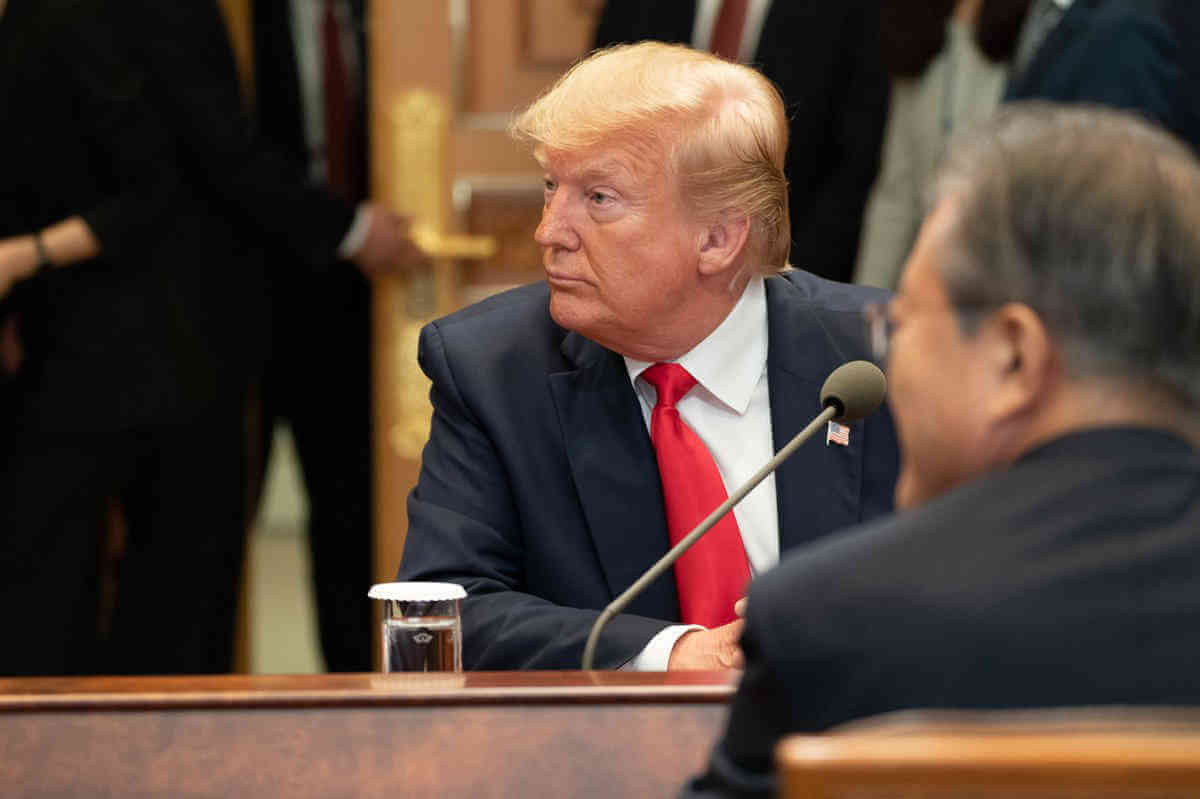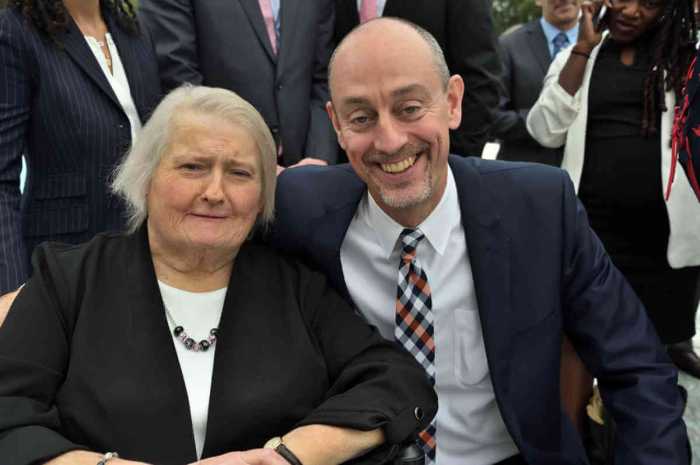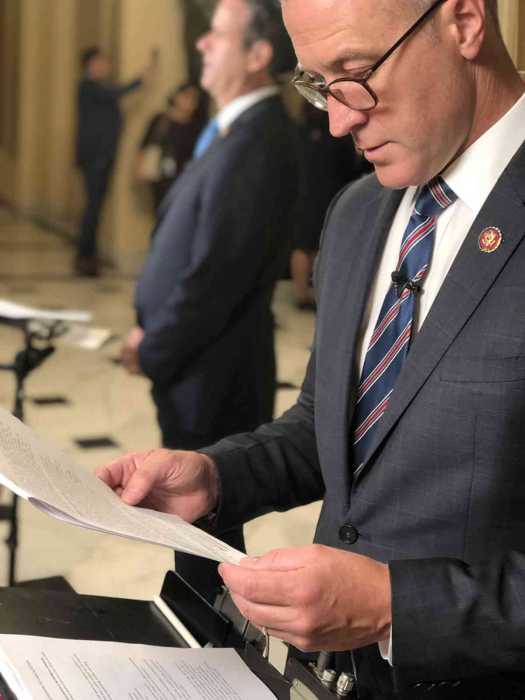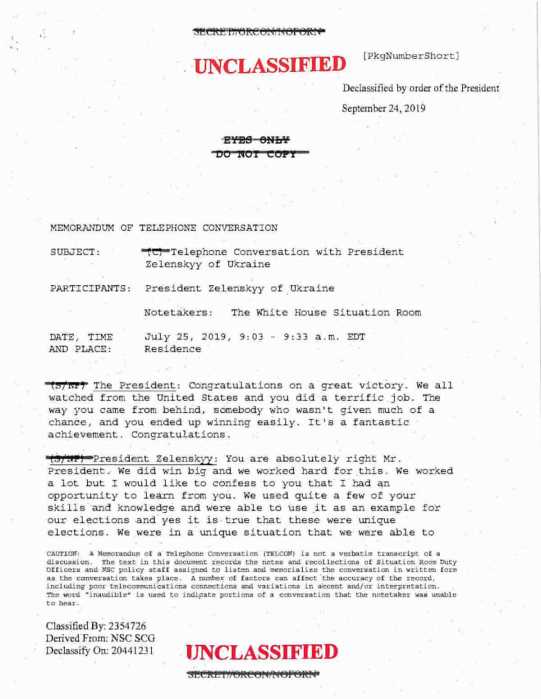Responses from thousands of people before and after Donald Trump’s political ascendance provide a glimpse into the correlation between support for him and animosity towards racial and ethnic minorities, Muslims, and gay people.
Political scientists Julie Wronski of the University of Mississippi, Lilliana Mason of the University of Maryland, and John Victor Kane of New York University examined voter study group data between 2011 and 2017 and found that among those who grew less accepting of gay people between 2011 and 2016, 55 percent approved of Trump in 2017. On the flip side, only 30 percent of folks who became more tolerant of gay and lesbian folks during that same period approved of Trump in 2017.
“So affect toward [lesbian and gay] individuals before Trump became a political figure is a significant predictor of future Trump approval,” the authors wrote in the June 2019 report. “Furthermore, as attitudes toward gays and lesbians grow warmer during the five-year period from 2011 to 2016, approval of Trump in 2017 erodes further, with the maximum shift from coldest to warmest predicting a 13 percentage point drop in approval.”
The correlation between attitudes toward gays and political leanings did not carry over to the Republican Party generally, however. Acceptance of gay and lesbian people in 2011 was tied to a slight reduction in support for Republicans by 2017, but the study states that in comparison to the correlation between Trump and gay support, this correlation presents “no significant difference in GOP affect whether feelings toward [lesbian and gay] people grew warmer or colder.”
Similar results were seen when researchers examined respondents’ attitudes toward black people. Fifty percent of respondents who became less tolerant of black people between 2011 and 2016 supported Trump in 2017, while Trump’s support among those who became more supportive of black folks in that same time frame was only at 30 percent in 2017.
And just like the results regarding feelings toward gays and lesbians, the correlation between Republican leanings and attitudes toward the African-American community did not match the pattern of support for Trump.
Similar patterns were found with the other groups studied, as well: Those who became more intolerant of Hispanic people between 2011 and 2016 also were much more supportive of Trump in 2017.
Not surprisingly, a whopping 70 percent of those who became more anti-Muslim between 2011 and 2016 supported Trump in 2017 compared to only 15 percent among those who grew more supportive of Muslims. Those numbers come on the heels of Trump’s repeated disparaging rhetoric against immigrants and Muslims as well as his moves to ban Muslims from entering the US.
The survey underscored the unique nature of Trump’s base and reinforced the notion that his supporters have been energized by themes of racial intolerance and homophobia. However, the survey limited its examination of LGBTQ people to gay men and lesbians. Transgender and gender nonconforming folks were not included in the survey despite being a major demographic in the political discussion given Trump’s assaults on the TGNC community on numerous fronts.
Still, the existing data was enough to show numerous patterns tying together support for Trump and the normalization of intolerance. In the report’s conclusion, authors noted that the responses revealed “worrisome” trends about the direction of the current political climate.
“The spread of animosity between social and partisan identities means that more social groups in society can be seen as adversaries, rather than as fellow citizens,” they wrote. “These divisions, once made and reinforced, have the power to undermine the concept of one cohesive public, for which democracy is supposed to work. As partisan affective polarization deepens, it has the potential to take on a life of its own, dividing ever larger numbers of Americans against each other in the name of partisan victory.”



































